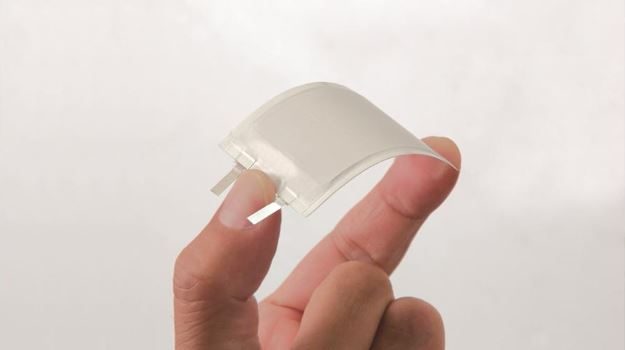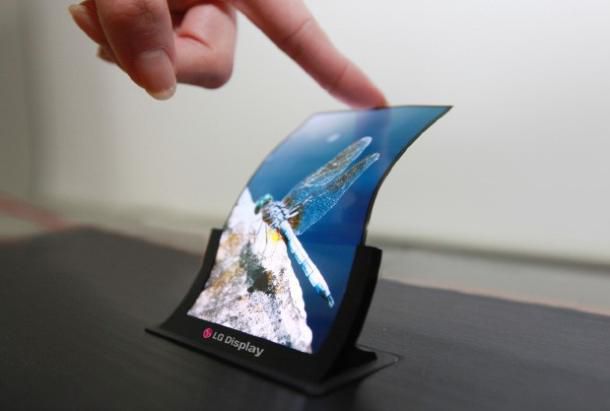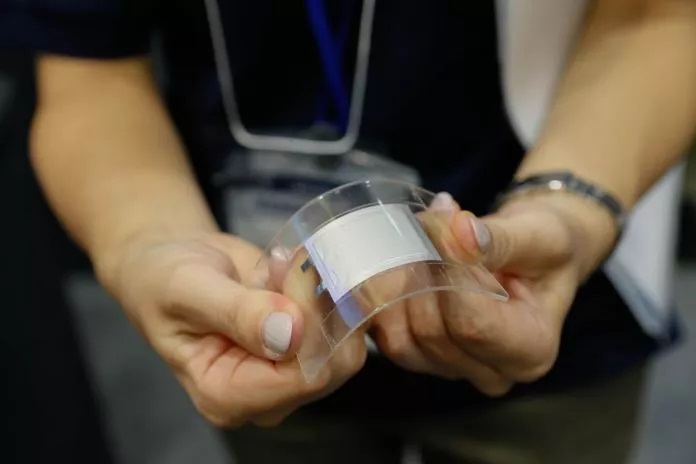Small electronics are mostly functioning due to lithium-ion energy storage. Globally, these batteries are the most popular and are in no hurry to take positions, giving way to analog methods of energy conservation. The scientific community is actively working to create all new configurations of lithium-ion drives. Panasonic was no exception and also took part in this race. Representatives of the company presented a new lithium-ion energy storage device, which is characterized by increased flexibility. Such a battery is able to preserve the productivity of work even after a series of bending or twisting.

Flexible gadgets are now the mainstream in the world of electronics. On the creation of all new models of such devices are working groups of scientists in many famous companies. This is due to the increased consumer interest in unusual devices and their high usability.
If we talk about the serial production of flexible devices, then things are not too bright. The fact is that some components of gadgets are not able to withstand repeated bending. The biggest problem in this area is the production of flexible batteries. This part of the gadget is extremely important, but now it was not possible to make it flexible without loss of efficiency. Significant losses in battery capacity are observed even with a relatively small deformation.
The lithium-ion battery from Panasonic showed excellent ductility without losing capacity. In the process of testing, the battery was subjected to repeated bending to a radius of 25 mm, underwent a twist to 25ᵒ. Laboratory experiments have shown that a battery, whose thickness is about half a millimeter, loses about one percent in its capacity. It occurs after 1000 bends and twists.
The developers note that a slight drop in capacity is noted after one thousand charge / discharge cycles, and the deformation does not affect this indicator in any way. It is also worth paying attention to the fact that the durability of a flexible lithium-ion battery does not decrease under mechanical stress. One thousand bends leads to a loss of capacity up to 80%. Scientists say that traditional lithium-ion energy storage devices have such a loss of capacity after 500 charge / discharge cycles.
Representatives from Panasonic said that a flexible lithium-ion battery would be an excellent solution for small electronics designed to be worn on the body. Such electronic devices have low power consumption and require extreme plasticity and safety from the battery.
The new flexible battery is available in three versions:
– weight 0.7 g, capacity 17.5 mA / h;
– weight 1.4 g, capacity 40 mA / h;
– weight 1.9 g, capacity 60 mA / h.

In the field of electronics, the best minds are working to develop not only flexible batteries, but also flexible smartphones. Lenovo has introduced a smartphone in the form of a bracelet and a tablet that folds. Representatives of the company Samsung, in turn, announced the creation of smartphones with curving screens that can be turned into a roll.


